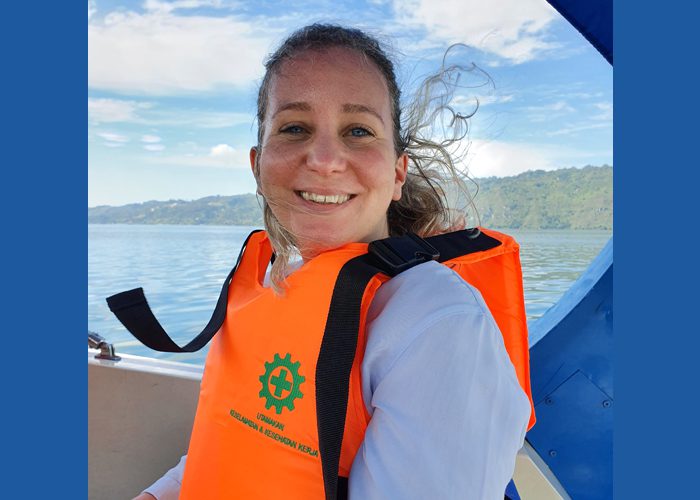REGAL Springs, one of the world’s largest tilapia producers, has collaborated with Dundee headquartered aquaculture technology specialists Ace Aquatec to introduce in-water, high welfare stunning solutions into their main processing facilities in the coming months after successful trials in Mexico.
In an effort to continue its pioneering role in sustainable tilapia aquaculture, the premium white fish producer was looking for a stunning solution to both harvest their tilapia and address the growing demands consumers have for responsibly sourced aquatic foods.Research has shown that nine in ten global consumers prioritise buying from companies that have ethical sourcing strategies in place with 83% willing to spend more on a product if they can guarantee it meets a certain level of criteria (OpenText, 2021).
Two years in the making, the project began after Ace Aquatec was awarded £1m in funding from the Humane Slaughter Association to provide pilot stunning equipment to farms that had no humane harvesting in place for finfish. Ace Aquatec approached Regal Springs on a trial basis, collaborated with Nautilus Collaboration and The Centre for Responsible Seafood (TCRS), to provide full EEG results to certification bodies, validating the unconsciousness of fish and helping to provide regulators with the evidence to advocate for welfare improvements across the supply chain.
The pilot Humane Stunner Universal System (HSU) for Tilapia allowed Regal Springs to experience first-hand the huge improvements that high welfare in-water stunning of fish can bring.
Emily McGregor, Regal Springs sustainability manager, commented: “This is a huge step forward from thermal stunning to a more humane and controlled stunning process, and with this towards better fish welfare. As a side effect also process and quality parameters improved: reduced bruising, better quality of the fillets, better working conditions for staff. This supported Regal Spring’s decision to move from pilot trials to immediate uptake of the equipment, and proliferation across their business.”
Nathan Pyne-Cater, CEO of Ace Aquatec, added; “Regal Springs presented us with a unique challenge to create a bespoke product for them in the rural depths of Mexico. Together we created a stunning system that puts fish welfare at the forefront of their operations. This represents the beginning of a general acceleration across fish farming, and the wild sector linking welfare at harvest, with the economic value.”
“We are now working with Barramundi farms in Australia, prawn farms in Europe, and the trout sector in Canada as consumers and regulators insist upon more humane farming processes. We’ve been able to demonstrate that when farms take a welfare first approach, they can see real economic gains in their business. This is critical if the mission to see all fish humanely harvested worldwide is to be achieved”.
Petra Weigl, Regal Springs’ Managing Director for Europe, stated: “Sustainability has been at the heart of our Regal Springs business since the beginning over 30 years ago and in the spirit of continuous improvement we stand proud of pioneering new ways here with fish welfare; our new technology not only ensures better treatment of the fish but helps deliver a superior quality product through reduced stress levels in the catchment process. Of course, retailers can be confident in accessing the very best in Tilapia fish protein made viable through the way we raise and now harvest the fish – our ASC certification being testament to the quality we offer.”
